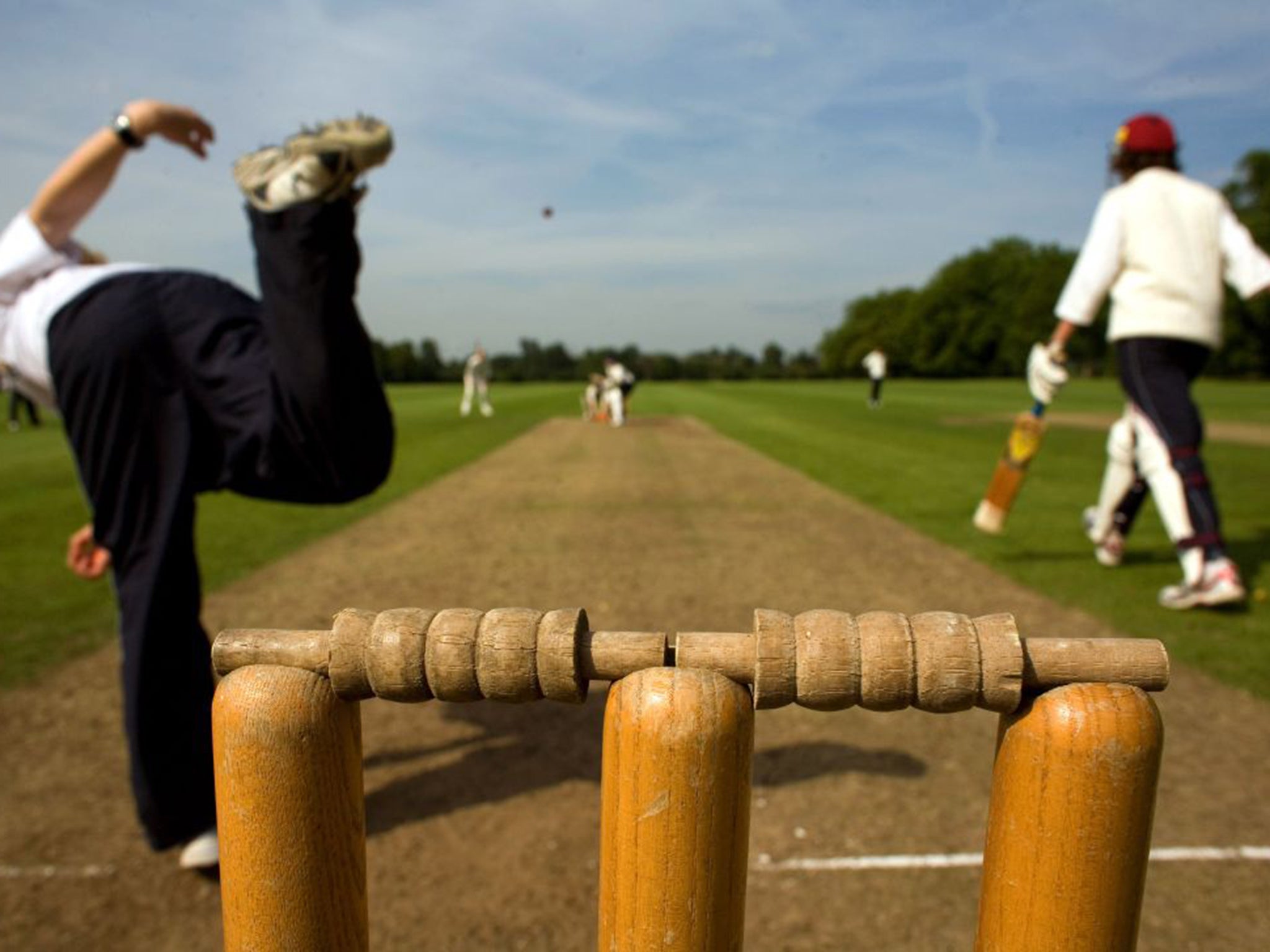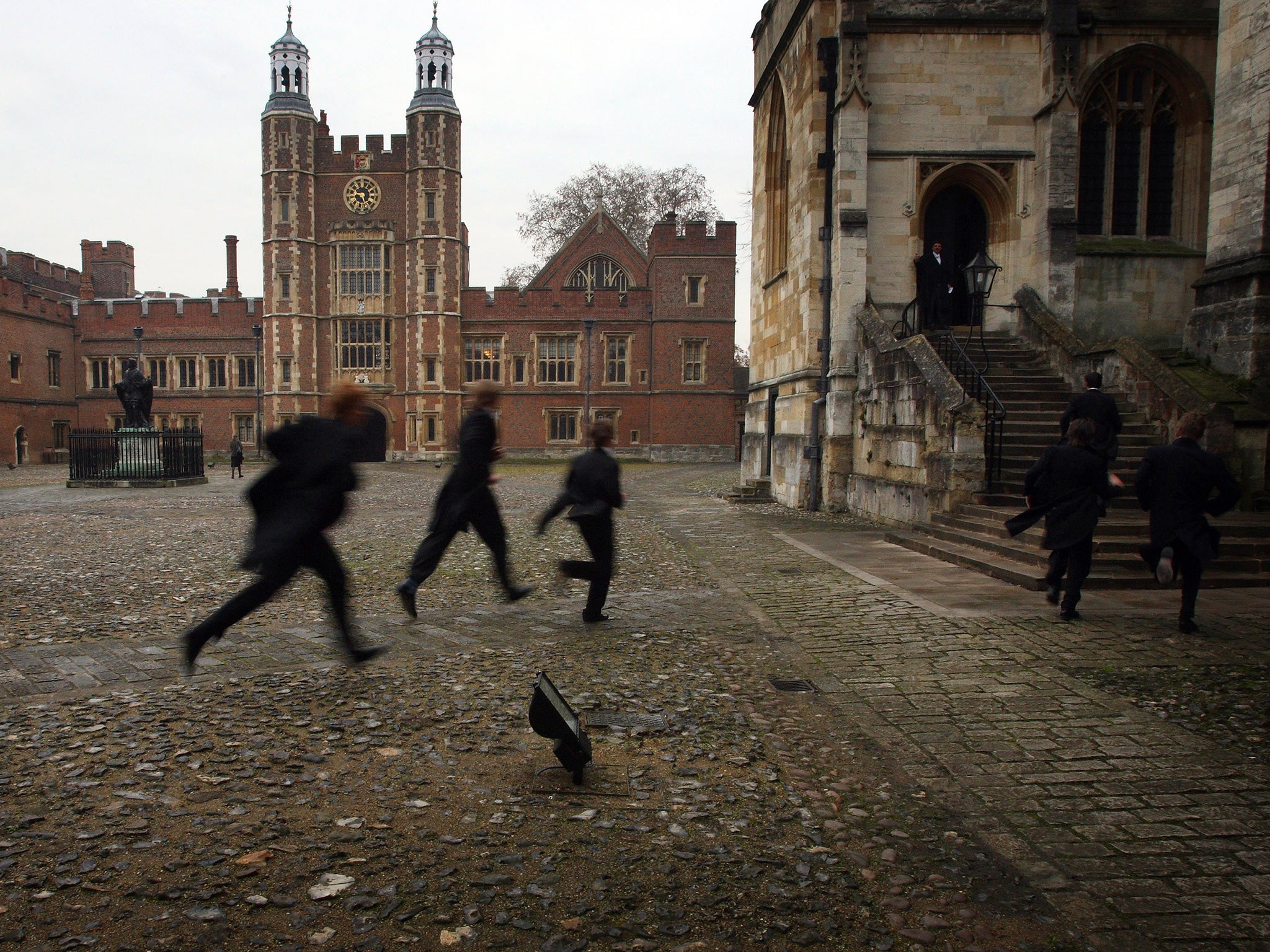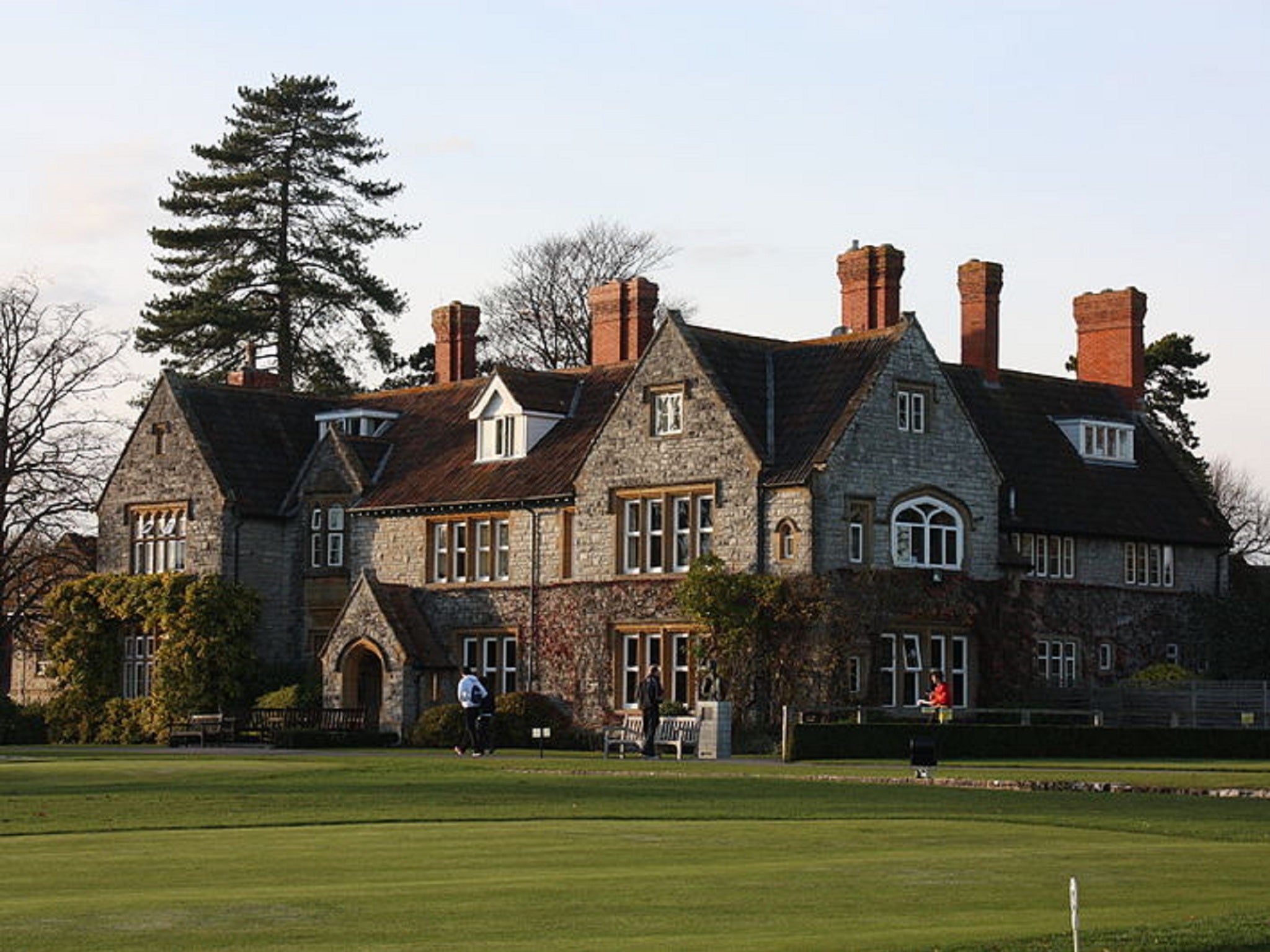Private schools told to share sports facilities with local communities and comprehensives
Proposed law could ensure schools lose charitable status if they don't comply

All private schools must open up their playing fields and sports halls to local communities and state schools as a condition of their charitable status, a former sports minister and Olympics chief has said.
Amid a growing clamour for improved access to decent sports facilities in the wake of the success of the England women’s football team in the World Cup, Lord Moynihan, sports minister under Margaret Thatcher and chairman of the British Olympic Association between 2005 and 2012, has tabled an amendment to the Charities Bill to force independent schools to do more to share their grounds.
The amendment will be debated in the Lords this week and peers will vote on the proposed measure later this month. House of Lords sources indicated that there would be wide support from Labour and Liberal Democrat peers, who together hold a majority over the Conservatives in the upper chamber. If backed, it would put pressure on the Commons to endorse the move when the Charities Bill comes before MPs.
The issue of charitable status for private schools is fraught because politicians have repeatedly tried to limit their rights in exchange for imposing greater tests of “public benefit”. The Independent Schools Council, which represents private schools, insists that 93 per cent of its members do “collaborative work” on sport as well as music, drama and academic work with state schools.
However, campaigners say that in many cases this “collaborative work” is piecemeal, and that at some of the top private schools’ playing fields lie idle during holidays when they could be used by the local community.
Lord Moynihan’s amendment reads: “Independent schools which are charities must engage fully with local communities and state schools with a view to sharing sports facilities and coaching expertise. The Charity Commission must publish guidance setting out the minimum that independent schools which are charities must do to comply with the duty in subsection.”
The Independent on Sunday contacted a string of top private schools to ask them what they did to share sporting facilities with state schools and local community groups.
Eton, where the Prime Minister honed his skills as a tennis and cricket player, said it sponsors Holyport College, a neighbouring state boarding school, and that it “does [its] best” to ensure that sporting facilities are available to Holyport pupils free of charge.
A survey carried out after the 2012 London Olympics for the charity Chance to Shine, which helps state school pupils play cricket, found that “lack of facilities” was cited by parents as one of the biggest challenges facing schools trying to increase the amount of school sports.
The Labour peer and shadow Cabinet Office minister, Baroness Hayter of Kentish Town, said: “Independent schools with charitable status have more to do in sharing their expertise and resources with state schools. These schools are subsidised by the taxpayer to the tune of some £700m each parliament, yet only 3 per cent of independent schools sponsor an academy and only 5 per cent loan teaching staff to state schools.”

A spokesman for Women in Sport said: “Anything which opens up a wider range of sporting facilities for access to women and girls is something we support.”
The Department for Education declined to comment.
Private schools and their facilities
Tonbridge School, Kent (fees: £35,000)
Holds a free annual community sports day which allows 900 local state school students to use Tonbridge School’s Olympic-standard facilities. The school says it also offers free specialist coaching to promising state school students and notes that Lord Moynihan praised its community role in a BBC Radio 4 interview in 2013.
Sevenoaks School, Kent (fees: £33,000)
Sevenoaks says it operates a large sports outreach programme which allows local state schools and groups to use its facilities. It also offers coaching for local schools, often at Sevenoaks’ expense.
Eton (fees: £35,000)
Eton sponsors a neighbouring state boarding school, Holyport College, and “does [its] best” to ensure that sporting facilities are available to Holyport pupils free of charge as long as “fee-paying pupils are not short-changed”. Eton also allows state school students to use its rowing lake.

Bedales School, Hampshire (fees: £33,000)
Bedales offers its sporting facilities to a number of local state schools, either free of charge or for a reduced rate. Steep Primary School makes regular use of Bedales’ swimming pool free of charge and Bedales holds an annual Memorial Fund cricket match that involves state students.
Harrow School, Middlesex (fees: £36,000)
Harrow’s sports facilities, including its athletics track, sports centre and tennis courts, are used extensively by local schools and community groups, and the school’s timetable is managed to allow this.
Charterhouse School, Surrey (fees: £34,000)
Charterhouse offers local state primaries football coaching on Mondays at its sports centre, as well “fives” training for a neighbouring state school at its courts. These are provided free of charge.
Millfield School, Somerset (fees: £34,000)
In addition to opening its facilities up to local sports teams, Millfield offers its facilities to the Somerset Activity Sports Partnership, accommodating 42 schools and 1,300 pupils who compete in the Somerset Primary School Games. Millfield also hosts an annual Mencap Day which makes its sports facilities available to about 800 people with learning disabilities.
Join our commenting forum
Join thought-provoking conversations, follow other Independent readers and see their replies
Comments